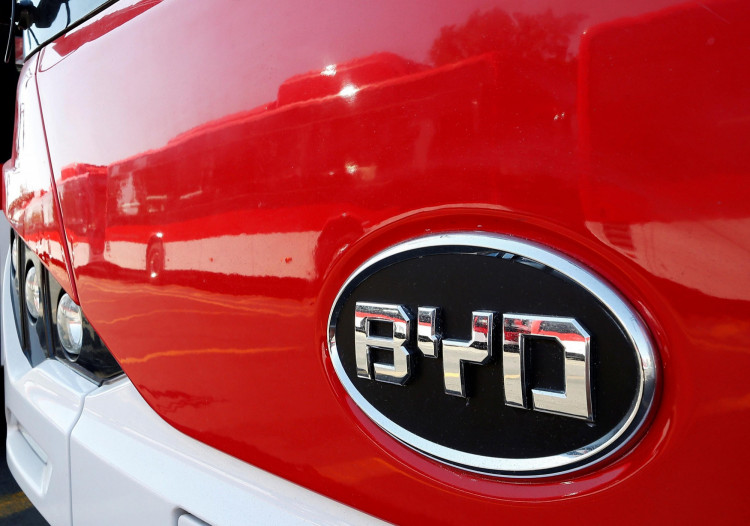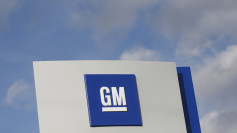In a strategic move to bolster its global presence and circumvent stringent Western tariffs, China's leading electric vehicle manufacturer, BYD (Build Your Dreams), has signed an agreement to construct a $1 billion factory in Turkey. This ambitious project aims to produce 150,000 electric vehicles (EVs) and plug-in hybrids annually, creating a significant manufacturing hub for the company as it continues its rapid international expansion.
BYD's CEO, Wang Chuanfu, highlighted Turkey's unique advantages in a statement, citing its developing technology ecosystem, robust supplier base, strategic location, and skilled workforce as key factors in the decision. The factory, slated to start operations by late 2026, will also house a research and development center, further enhancing BYD's local production capabilities and logistical efficiency.
The Turkish Industry and Technology Minister, Mehmet Fatih Kacir, announced the deal on social media, noting the potential for the new facility to generate around 5,000 jobs. This development marks a significant step for BYD as it aims to solidify its position in the European market and beyond.
BYD's expansion is timely, coinciding with the imposition of new tariffs on Chinese-made EVs by the European Union and the United States. The EU's tariffs, which took effect recently, impose duties ranging from 17.4% to 37.6%, targeting the influx of inexpensive Chinese cars believed to benefit from unfair governmental support. BYD specifically faces a 17.4% tariff, complicating its aspirations to dominate the European EV market by 2030. Additionally, Turkey, a key EU partner though not a member, has announced its own 40% tariff on Chinese EV imports.
In light of these challenges, the new factory in Turkey presents a strategic advantage. Turkey's customs union with the EU allows tariff-free exports to the trading bloc, effectively enabling BYD to sidestep the newly imposed duties and maintain competitive pricing for its vehicles in Europe. This move is a calculated response to the shifting regulatory landscape, demonstrating BYD's adaptability and forward-thinking approach.
The Turkish facility is not BYD's first foray into international manufacturing. Earlier this year, the company delivered its first batch of EVs to customers in Hungary and announced plans for a new electric car plant in the country, marking its initial manufacturing presence in Europe. BYD is also investing $620 million to revitalize a former Ford manufacturing hub in Brazil, with plans to establish three factories in Bahia to process locally mined lithium and iron phosphate and produce vehicles.
Moreover, BYD's ambitions extend to North America. The company is in the final stages of selecting a location for a new factory in Mexico, expected to create approximately 10,000 jobs and bolster its footprint in the region. Jorge Vallejo, BYD's general director of Mexico, noted the company's goal to sell 50,000 EVs in the country, underscoring BYD's aggressive expansion strategy.
These international ventures are part of BYD's broader effort to mitigate the impact of protectionist measures in key markets. The U.S. is set to quadruple tariffs on certain Chinese EV imports from 25% to 100% in August, alongside increased tariffs on semiconductors, lithium-ion batteries, solar cells, and various steel and aluminum products. These measures are designed to curb competition from Chinese manufacturers and protect domestic industries.
BYD's strategy to build manufacturing facilities in regions like Turkey and Hungary reflects a broader trend among Chinese automakers. Volvo, owned by China's Geely, recently relocated production of its China-made cars to Belgium to avoid EU tariffs, underscoring the industry's need to adapt to evolving trade policies.






